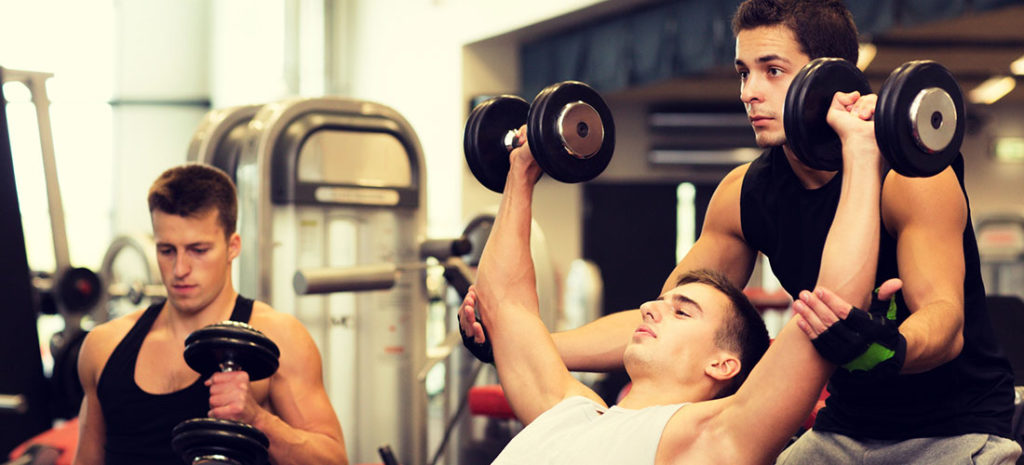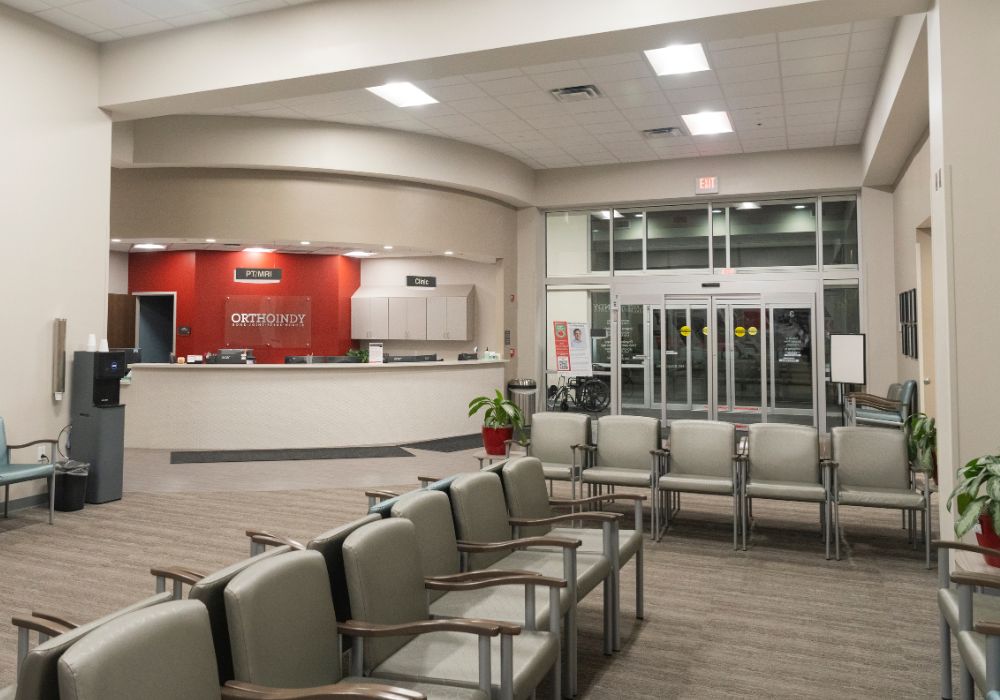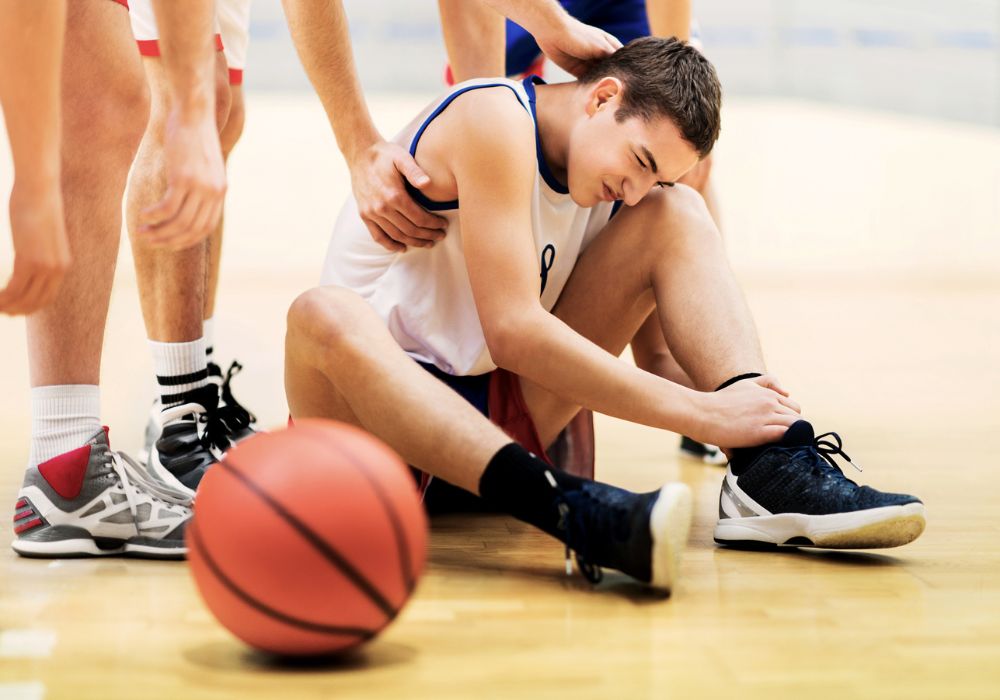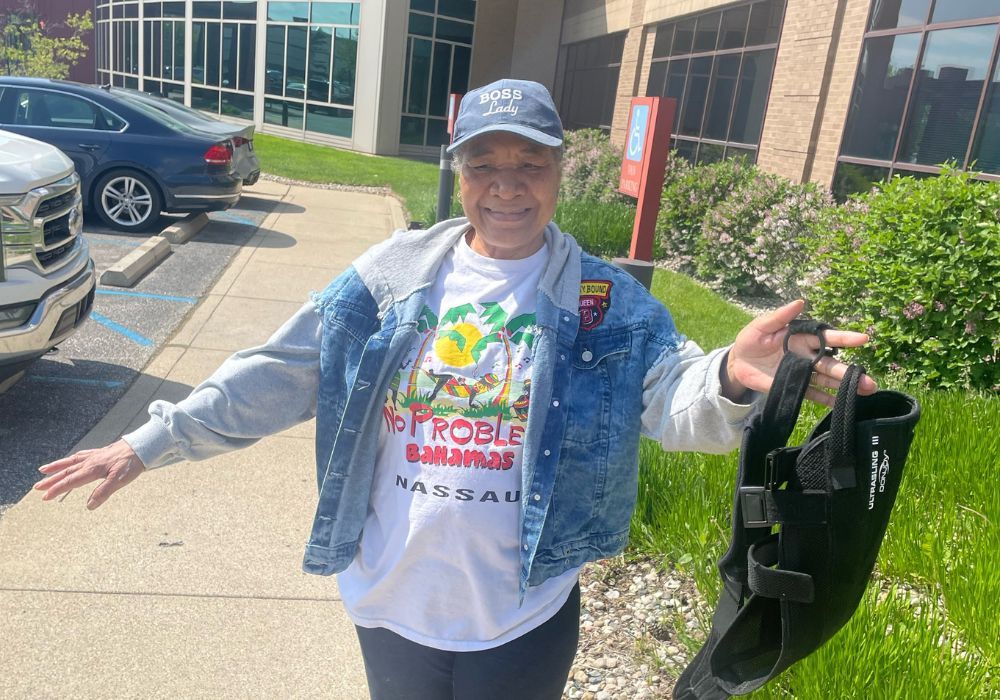THIS POST IS PART OF THE ULTIMATE GUIDE TO SPORTS MEDICINE
Rotator cuff tears are common among athletes; in fact sports that require repetitive lifting or overhead activities, such as baseball, tennis, rowing and weightlifting are especially prone to rotator cuff tears. This is because a rotator cuff tear typically occurs slowly overtime, after motions are consistently repeated and there is repetitive stress on the shoulder.
A rotator cuff tear occurs when any of the four rotator cuff muscles in the shoulder are torn. This causes the athlete to feel pain and weakness in the shoulder. A rotator cuff tear can be partial or complete.
“A partial tear damages the soft tissue, but does not completely sever it,” said Dr. Chris Bales, OrthoIndy sports medicine specialist. “A complete tear splits the soft tissue into two pieces. Most commonly, tendons tear off where they attach to the head of the humerus.”
Symptoms of a rotator cuff tear include:
- Pain while resting
- Pain when lifting and lowering your arm
- Weakness when lifting or rotating your arm
- Crackling sensation when moving your shoulder
- A tear or snapping sensation that happens suddenly followed by intense pain and weakness
Treatment
“If you have a rotator cuff tear and you keep using it despite pain, you may cause further damage and a larger tear. Early treatment can prevent your symptoms from getting worse and will get you back in a normal routine much quicker,” said Dr. Bales.
For about 50 percent of rotator cuff tears, nonsurgical treatment relieves pain and improves function in the shoulder; however, shoulder strength does not usually improve without surgery. Nonsurgical treatment options include: rest, activity modification, strengthening exercises, physical therapy and steroid injections.
Surgery is necessary if your pain does not improve with nonsurgical methods. Continued pain is the main indication for surgery. If you are an athlete who would like to return your sport and use your arms for overhead activities, your physician may suggest surgery.
Recovery
A complete recovery will take several months. Most patients have a functional range of motion and adequate strength by four to six months after surgery. Although it is a slow process, commitment to rehabilitation is key to a successful outcome.
To make an appointment with Dr. Bales please call 317.268.3632 or learn more about sports medicine treatment at OrthoIndy.
Schedule an appointment
Your well-being is important to us. Click the button below or call us to schedule an appointment with one of our orthopedic specialists. If your injury or condition is recent, you can walk right into one of our OrthoIndy Urgent Care locations for immediate care. For rehabilitation and physical therapy, no referral is needed to see one of our physical therapists.





